A Salvaged Banksy Mural is Now on View in NYC
This unique Banksy mural goes up for auction on May 21st in NYC!

![Behind the Scenes at the Hunts Point Produce Terminal with NYCEDC [Photos]](/content/images/size/w100/wp-content/uploads/2015/07/hunts-point-produce-terminal-bronx-nycedc-behind-the-scenes-nyc-untapped-cities-002.jpg)
Yesterday, 25 Untapped Cities readers had a chance to go inside the Hunts Point Produce Terminal with the NYCEDC in our Behind the Scenes NYC series. At Hunts Point Produce Terminal in the Bronx, 60% of the produce sales in New York City take place. After an initial walk- through the large maze of facilities, visiting a potato packing plant and a sorting facility, and standing in a rail car that had come in full of produce, the guests were taken to the board room of the terminal where they could ask Myra Gordon, manager of the Hunts Point Terminal Produce Market, questions.
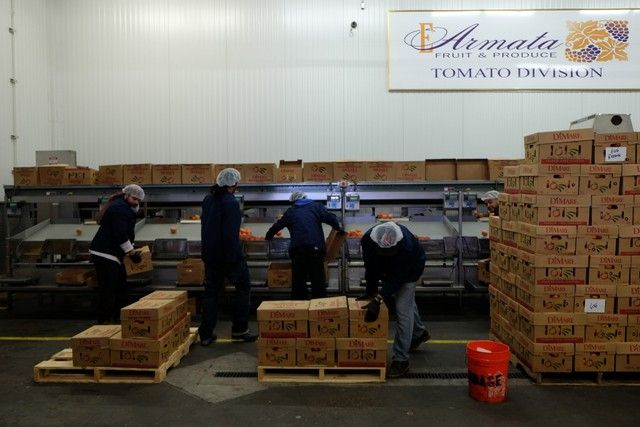
Photo via NYCEDC
In the boardroom, we learned many more fun facts. First, the Hunts Point Produce Terminal is a cooperative market that operates on land leased through the city’s agent, the NYCEDC. It opened in 1967 and became a cooperate in 1986 but its history goes back much further–the first iteration market around Trinity Church during the early period of American history. The market was deemed disruptive to the sermons, and the city forefathers paid heed to the religious leaders of the time, moving it to the Washington Market area. With the urban renewal of the 1960s, the market area was demolished (the famous Bogardus Building nearby was subsequently stolen twice in the upheaval). During this time, the market moved to the Bronx where it has remained.
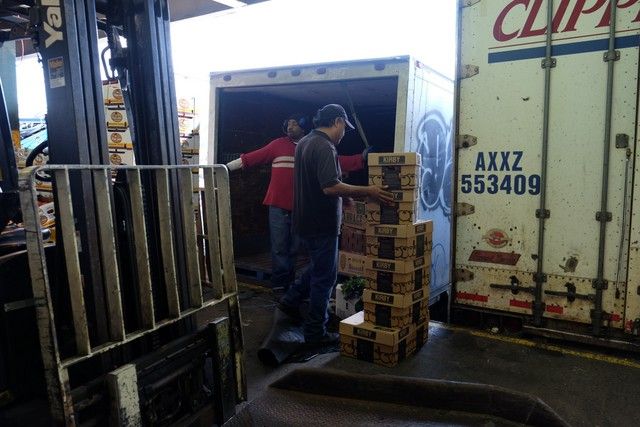
Photo via NYCEDC
But Myra Gordon will be the first to tell you that upgrades are desperately needed. There isn’t enough space for storage, so 1/3 of the produce is kept on trailers “to meet the bottom line.” The platforms are too narrow for the needs of today and the union wage is close to double the minimum wage. The question for the market is, “Do we rebuild here or go elsewhere” and indeed at the end of Mayor Boomberg’s term, there were discussions about moving the facility to New Jersey. Those talks were stalled and the facility received a $22 million grant to update the rail tracks, which originally built on landfill, were sinking. This caused vendors to devise creative solutions to line up the rail cars with the platforms of the facility, lowering overall efficiency.
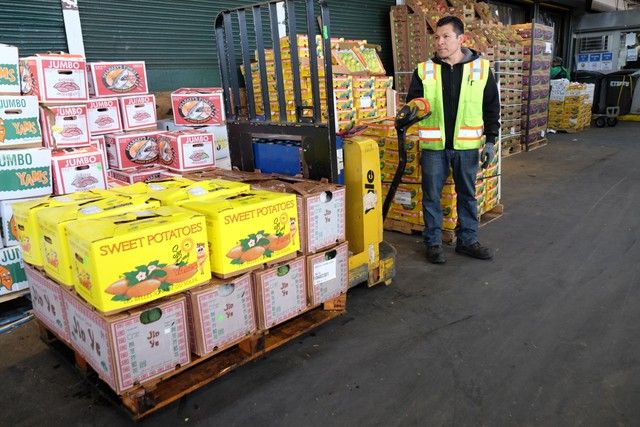
Photo via NYCEDC

Still, Hunts Point Produce Terminal serves 9% of the United States within a 15-mile radius, including 23,000 restaurants. 50% of what the produce market sells goes to Manhattan, but they have found that the food here is going further and further across the country. Specialization of the Hunts Point Produce market has led to demand for unique products that have high demand with New York City’s dense, multi-ethnic population.
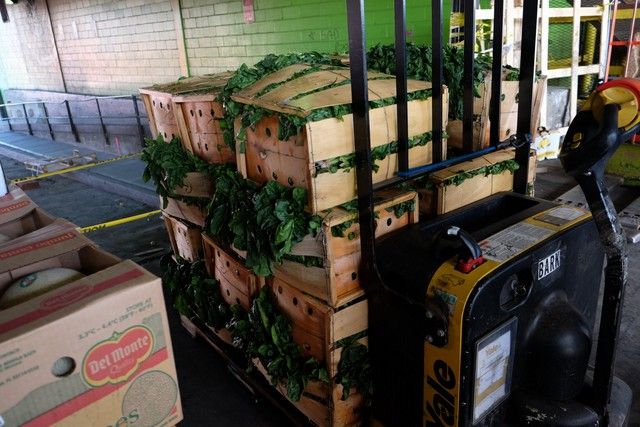
Photo via NYCEDC
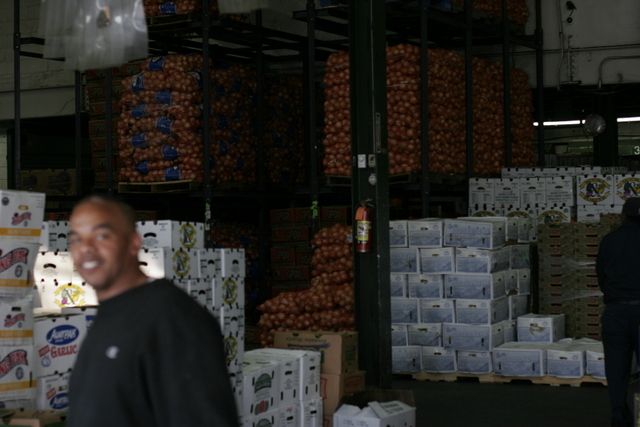
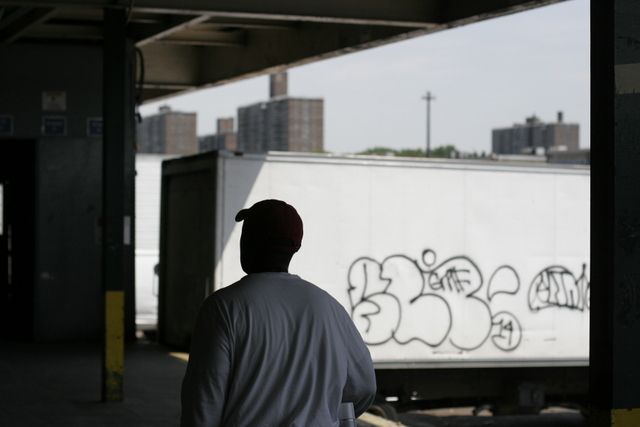
This doesn’t mean that ordinary New Yorkers can’t go to the terminal to buy produce, but there is a toll charge to enter and you have to buy full crates. So unless you need to feed a big barbeque or a large organization, it’s not the most convenient. Gordon tells us that there used to be more residential traffic, but the neighborhood farmers market have replaced much of that demand, hitting the bottom line of the terminal.

Photo via NYCEDC

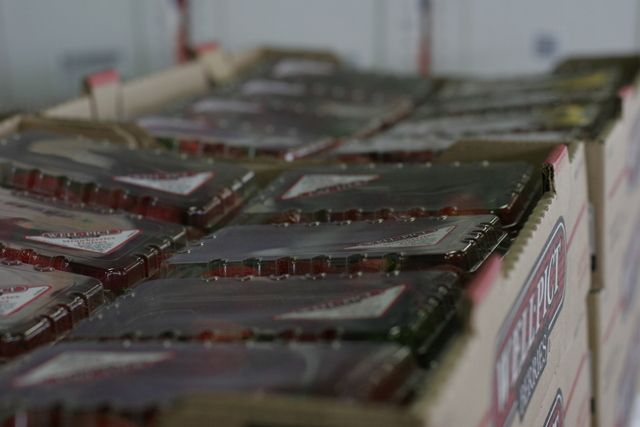
One of the most fascinating things we came across are restaurants inside Hunts Point–a veritable city within a city, offering Mexican cuisine, Chinese food and more. Looking very much like the luncheonettes of old, it’s certainly a necessary service for the facility, which operates 24/7. Booths built for the sellers are the only place except the offices that are air conditioned in summer and heated in winter (though some are still open-air).
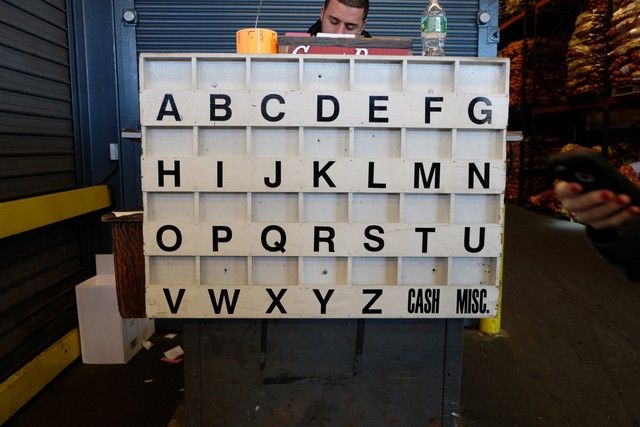
Photo via NYCEDC
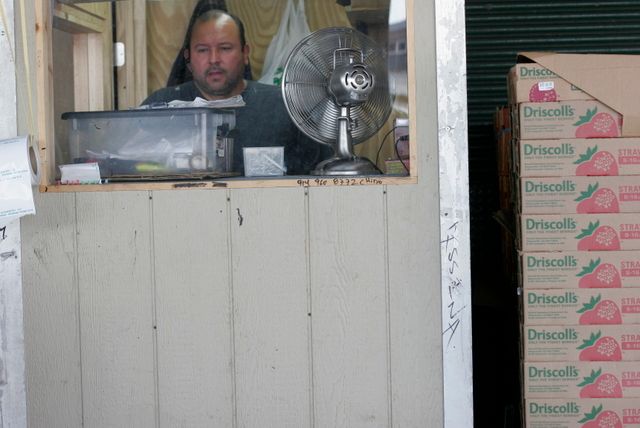
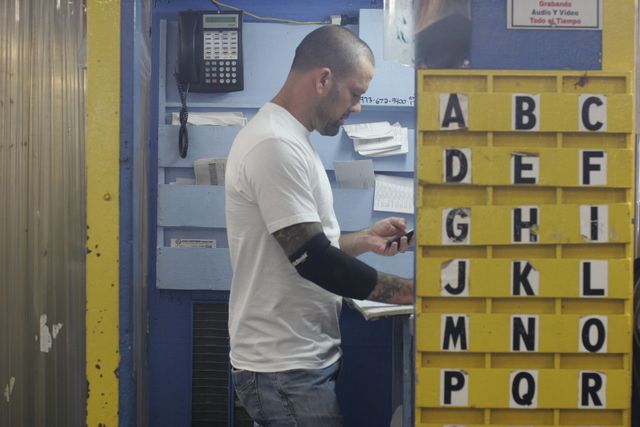
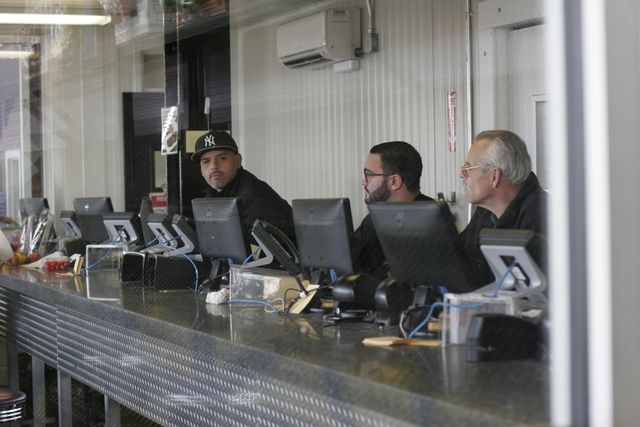
In 1967, there were 77 merchants that started at the market in the Bronx. Now, there are only 36 companies, but thanks to a revision on the policy that allows women to become owners and managers of the companies, women are now a significant presence behind the scenes, if not really on the floor. There remain many companies held by families for generations–including some in their third and fourth generations. One company is now in their 7th generation.
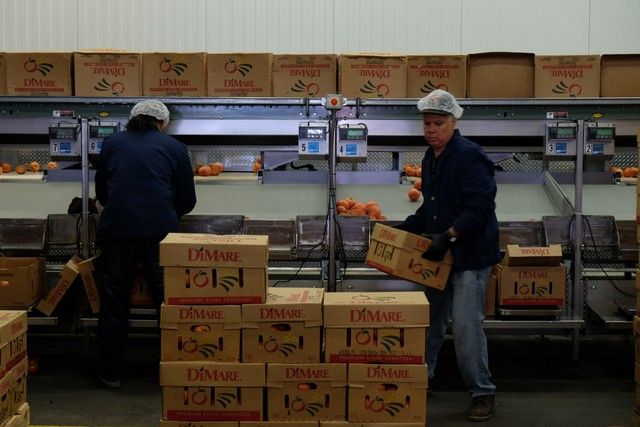
Photo via NYCEDC
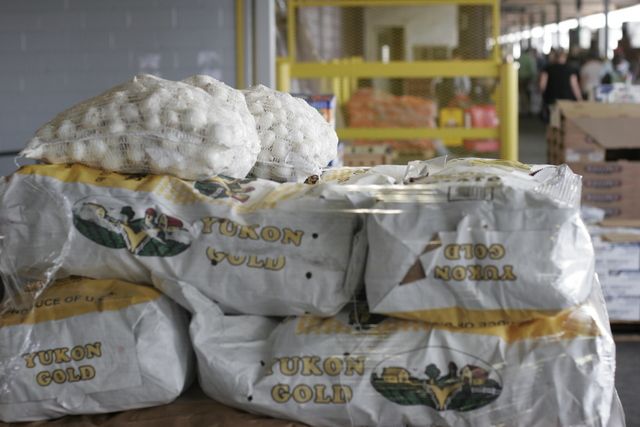
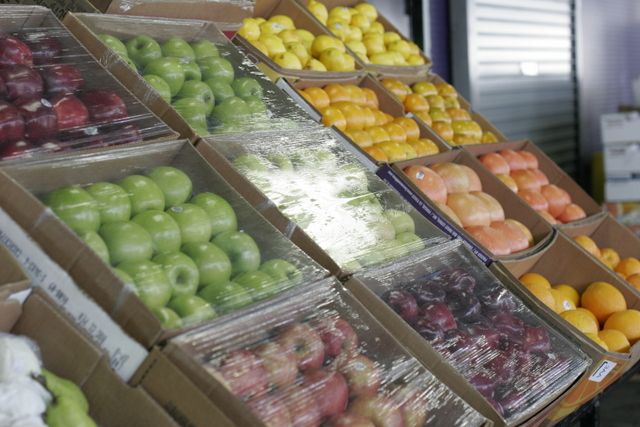
Join us for the next Behind the Scenes NYC Tour of the Exciting Developments on Staten Island’s North Shore:
Subscribe to our newsletter